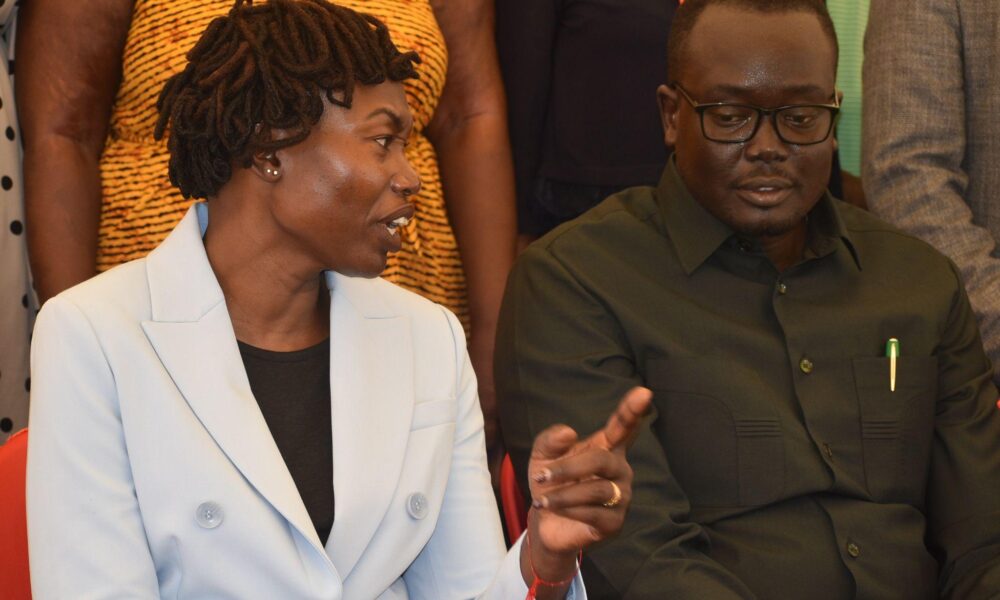By Kidega Livingstone
South Sudan’s ministry of health suffers insufficient funding for Primary healthcare facilities and for equipment in government hospitals.
The Transitional National Legislative Assembly passed a budget of over three trillion South Sudanese Pounds for the 2023/2024 fiscal year budget.
However, minister of health, Yolanda Awel Deng said the fiscal year budget for 2023/24 was a mere 1.8 per cent, insignificant for the sector.
“The investment, how much money we are putting in the health sector? It’s almost zero. We have two sources of funding for the health sector in South Sudan, number one is the domestic funding allocated for the health sector which only stands at one point eight (1.8) per cent,” Yolanda said.
The minister was speaking at event of celebrating World Kidney Day, on Thursday, in Juba.
“The budget is very low and cannot afford preparation in the health sector. It cannot afford the salary and cost of living for these health workers and experts but we are working on it as a government, we hope we will do better,” she added.
Yolanda highlighted that donor funding is primarily directed towards specific projects implemented by development partners.
She expressed frustration that the ministry does not have control over the funds, saying, “The donor funding that comes through our partners is only basic services delivery like the humanitarians and capacity building and their funding don’t come to the government.”
Awel said though the ministry and its partners have signed agreements for a five-year project worth about 400 million dollars, the government will not have direct access to or oversight of these funds.
Meanwhile, Anthoney Lopai, the Director General of Juba Teaching Hospital, emphasized the need for increased awareness on advanced diseases such as kidney problems, diabetes, and tuberculosis.
He stressed that adequate funding is necessary to address these issues.
Lopai lamented the low funding provided by the government, stating, “Taking people outside, it’s not easy if you don’t have resources. This hospital has reduced the burden because our leaders and the Cardinal have done something good to bring such kind of hospital to the country.”
“We need to know that there are many people including patients and workers as well as experts who need support so the government has put the resources in the health sector,” he added.
In comparison to other African countries, including neighbouring East African nations such as Uganda, Kenya, and Tanzania, the Ministry of Health in South Sudan receives a significantly lower budget allocation.
In these countries, the Ministry of Health is considered the second-highest recipient of budget allocation after the Ministry of Defense, with the agriculture and education sectors following suit.




